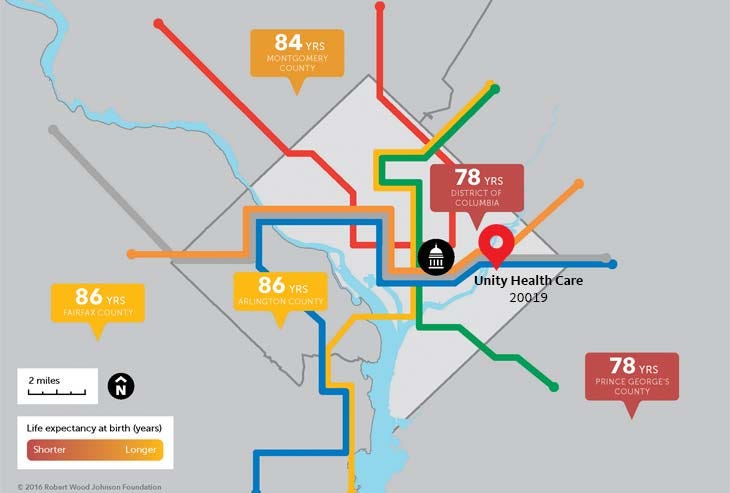Imagine the Next Normal -- Public Health
Part #9 in a series focused on creating healthier and safer communities for all
I am pushing back HARD against the desire to return to normal.
Instead of wanting to return to what was pre-COVID, I am stepping into the future — the NEXT NORMAL — with the hope that we can create healthier and safer communities for all. Returning to 2019 normal is unacceptable. PERIOD. It is unacceptable because we have all changed, grown, and learned so much living through (read: surviving) a pandemic.
I invite you to explore this NEXT NORMAL with me in this 10-part blog series (yes, I am fired up, inspired, and really excited). If you are jumping in today, please go back and read my inspiration for the series as well as my posts on physical health & access to healthcare, mental health, social & emotional health, community health, health equity, redefining health, parenting, and education.
Prior to the COVID pandemic, when I thought about public health I thought about my profession and my education. I thought about the work in the field of public health to ensure that everyone can be healthy.
Public health is about preventing disease, injury, or death before it happens (rewriting history before it happens as Dr. Foege says).
Public health students study epidemiology, biostatistics, health policy, environmental health, and health education & communications. In order to learn how to prevent disease, injury, or death.
Public health is also a field of work. Public health professionals — who have studied epidemiology, biostatistics, health policy, environmental health, and health communications — work in government agencies, non-profit organizations, and academic institutions, among other places (law firms, Apple, Google, and others are hiring in-house epidemiologists and public health specialists these days). According to the CDC Foundation, public health “is the science of protecting and improving the health of people and their communities.”
And as public health professionals, “we must address the full range of factors that influence a person’s overall health and well-being. Education, safe environments, housing, transportation, economic development, access to care.”
Public health education and the work of the public health workforce are as important as ever. And that work needs to be supported (funded appropriately) and respected. The work we do — promoting healthy lifestyles, researching disease and injury prevention, and detecting, preventing and responding to infectious diseases — must be prioritized. We need to ensure that health is prioritized in all policies and across all disciplines (public health needs to be infused throughout education, local government, transportation, environmental protection, clinical medicine, and more).
Public health, as a field or profession, also needs to give up our claim of being the only ones who are responsible for preventive health work. We — myself included — need to include and invite sociologists, demographers, historians, artists, communication experts, physicians, and others into the work of public health. Public health professionals and epidemiologists do amazing work, but we would be able to work towards health equity in more meaningful ways if we thought about our work as collaborative and multidisciplinary.
ADDITIONALLY —
Since we went into quarantine/lockdown in March of 2020, my thoughts around what public health is have expanded.
Public health cannot just be a career or a field of study.
“Public health is what we do together as a society to ensure the conditions in which everyone can be healthy.” ~Public Health 3.0
Public health is a field of study. But it is also a philosophy, a language, and a way of living in order to create healthy communities for all.
I have been ending each of my posts about the next normal by stating —
WE ARE ALL PUBLIC HEALTH.
And we are. Public health is a way of reimagining our communities to ensure that everyone is healthy. For we cannot be healthy as individuals unless we live in healthy communities; we cannot be healthy if our neighbor is ill; we cannot be healthy if we think of health as something that is only individualized.
Did you know that today a person’s zip code may be a stronger determinant of health than their genetic code? (source) Working to create healthy communities is how we become healthier. We get more bang for our buck when we seek to improve our communities in order to be healthier (compared to just telling people to change their behaviors in order to be healthy).
For example —

Your neighborhood/community has to be healthy. We need to all embrace the fact that we are all public health. Regardless of how old you are or what you do — you are part of the work of public health.
Public health is not just a profession or a type of education.
Public health is a way of life. Public health is each of us.
Remember — being healthy is a radical selfless act of loving others.
The work that we have ahead of us — to expand the definition of public health and invite other professionals and the public into the work of preventing disease — involves each of us.
Life is a team sport.
We are all public health.






